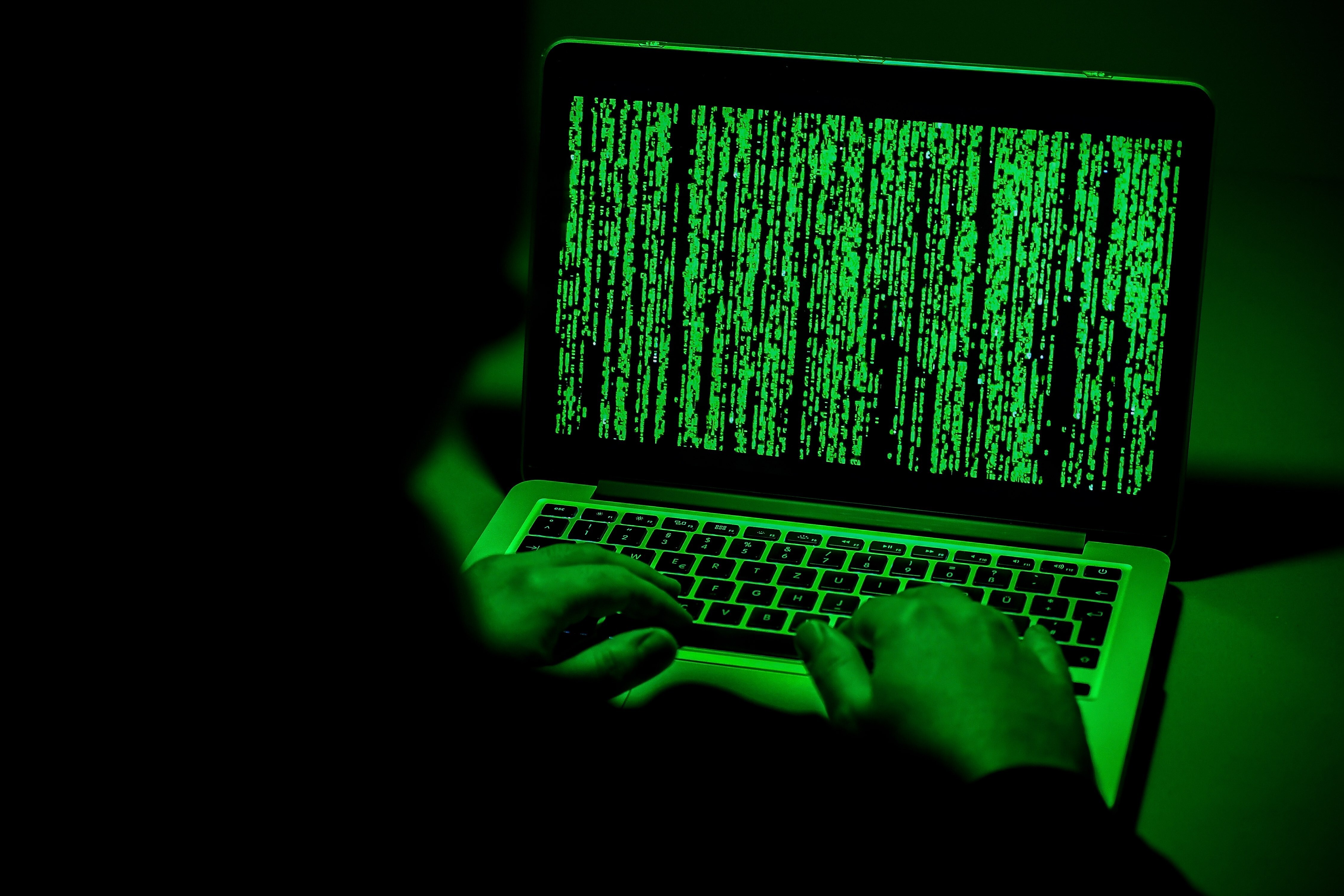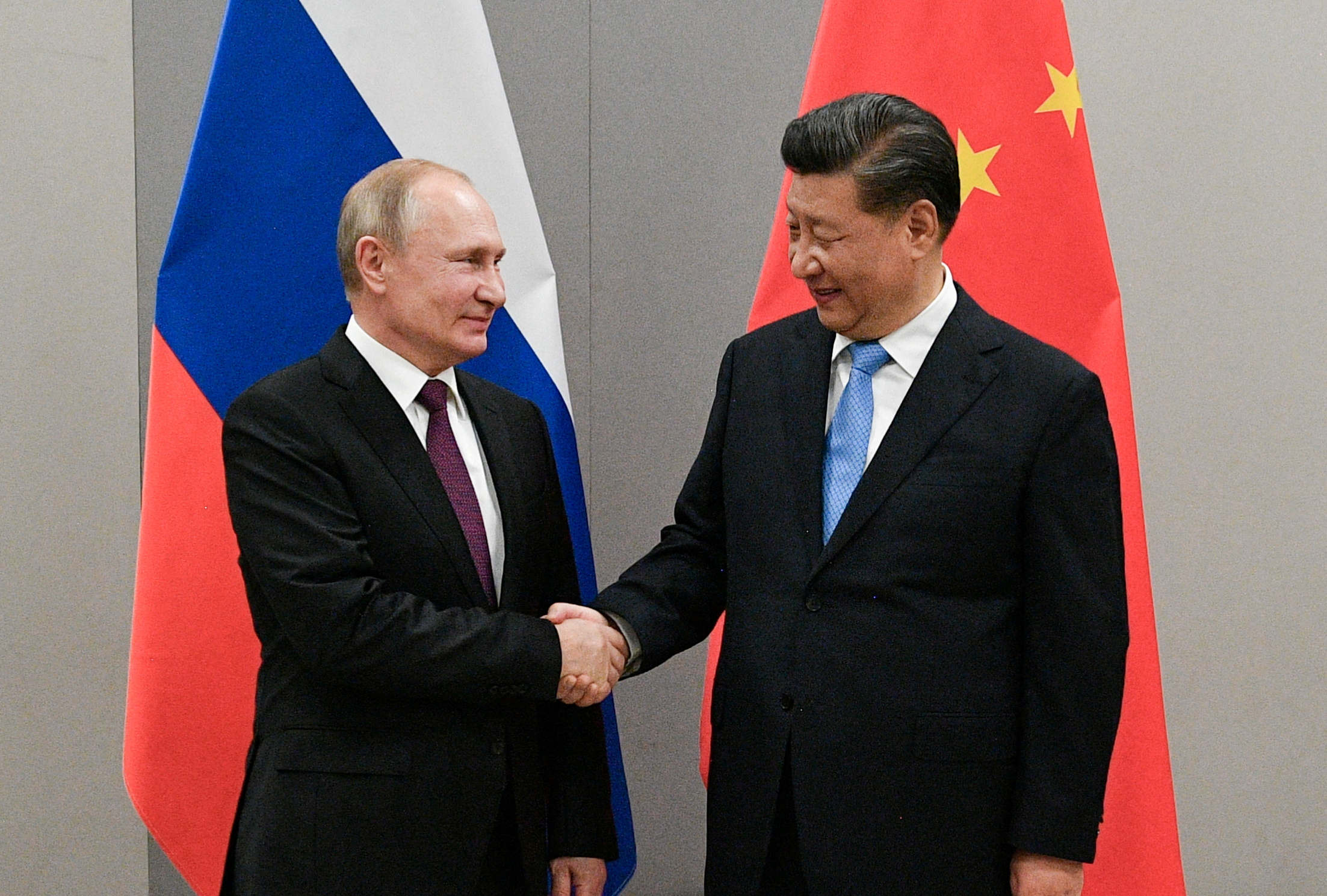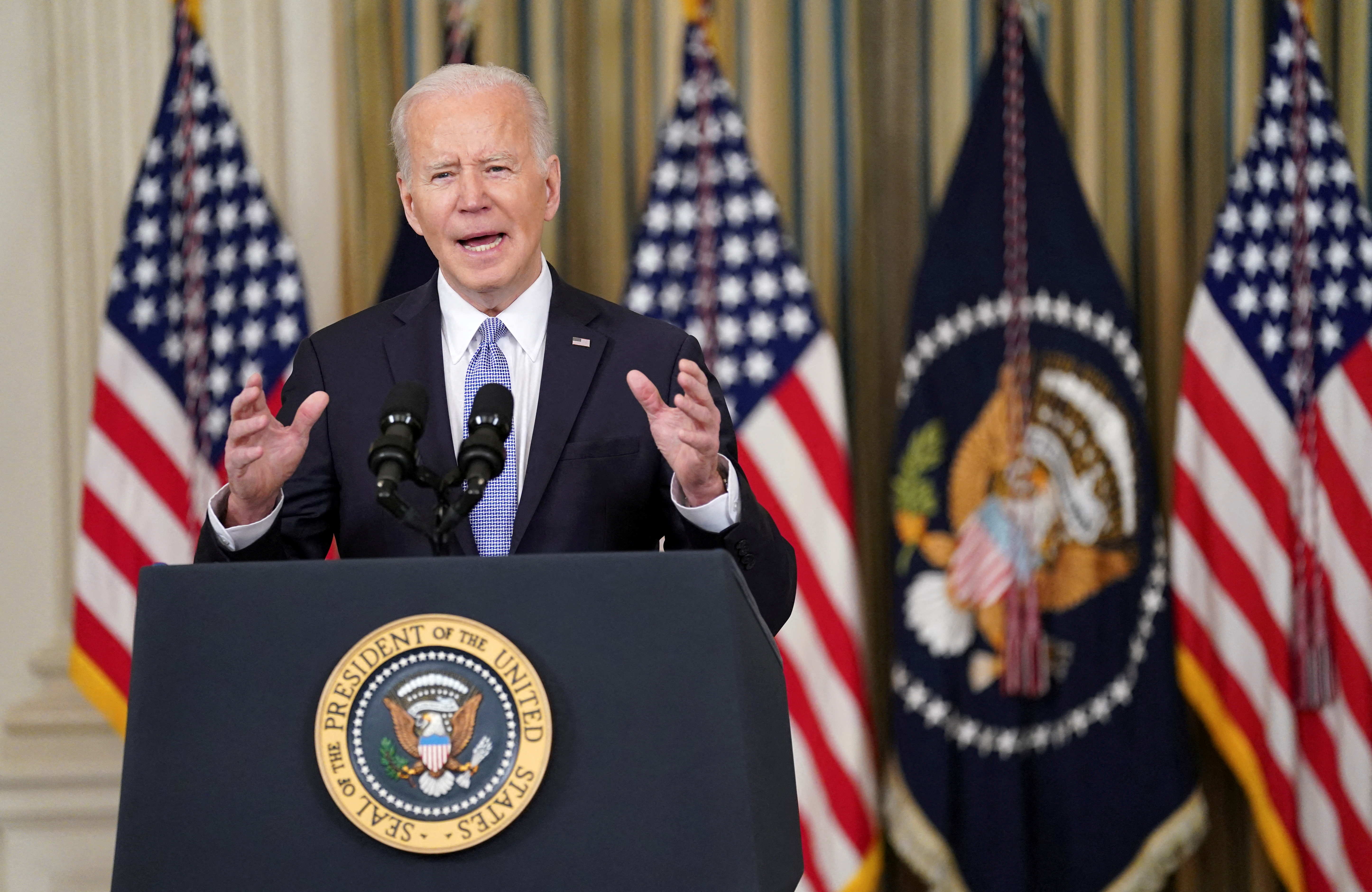
China carried out a major cyber attack on Ukrainian military and nuclear installations in the days before the invasion of Russia, according to Ukrainian intelligence reports.
According to these reports, which were obtained and published by the British newspaper The Times, more than 600 websites belonging to the Ministry of Defense in Kiev and other institutions suffered thousands of attempts to piracy that were coordinated by the Chinese government, according to the Ukrainian security service, SBU.
The spy agency revealed that, in an apparent sign of complicity in the invasion, Chinese attacks began before the end of the Winter Olympics and peaked on February 23, the day before Russian troops and tanks crossed the border.
The SBU said the attacks sought to infiltrate targets ranging from the border defense forces to the national bank and the railway authority. They were designed to steal data and explore ways to shut down or disrupt civil and defense infrastructure.

Russia also tried to paralyze Ukraine's computer networks and compromise government websites before the invasion, but the SBU said Chinese attacks could be distinguished because the tools and methods were characteristic of the People's Liberation Army's cyberwarfare unit.
US intelligence sources, for their part, indicated that information about a Chinese cyber attack on Ukrainian government facilities prior to the Russian invasion was accurate. The Chinese embassy did not respond to a request for comment.
Beijing has refused to condemn President Vladimir Putin for invading Ukraine, and analysts believe that if that attitude persists, it could be punished by Western sanctions.
When President Xi received Putin at the start of the Beijing Winter Olympics on February 4, the two men signed a joint statement stating that the ties between the two countries were “boundless” and “had no 'prohibited' areas of cooperation.” Later, Xi denied asking Putin to delay the invasion until after the Olympics.

Soon after, according to the SBU, the Ukrainian government noticed an increase in computer network exploitation (CNE) attacks, which are generally used for reconnaissance and espionage. The agency said it had seen an “increase in activity against our country's networks in mid-February with active CNE operations taking place daily.” It peaked on February 23, the day before the invasion, with Russian and Chinese cyber attacks.
The attack had key military objectives, such as the Ukrainian National Security and Defence Council and the State Border Guard Service, as well as civilian services, including the national bank and the ministry of finance.
The timing of the attack seems to confirm that Moscow had already informed Beijing of its invasion plans, cybersecurity experts said.
“It seems that they didn't care to be seen, they had the goal of getting in and getting what they needed as quickly as possible,” said Tom Hegel, a senior threat investigator at SentineLone, a US cybersecurity firm.
These incidents would explain Western diplomacy's efforts towards Beijing last month when Russian bombs and artillery hit Ukrainian cities, razed Mariupol and killed thousands of people. Antony Blinken, the US Secretary of State, called Wang Yi, his Chinese counterpart, on March 5 to urge Beijing to distance itself from the war.
Then, American rhetoric hardened, and President Joe Biden warned China during a call with Xi on March 22 of “serious consequences” if it provided material support to Russia.
On Friday, European leaders held a summit with China for the first time in two years, urging Beijing to choose between its Western trading partners or its geopolitical ally in the Kremlin. Ursula von der Leyen, president of the European Commission, conveyed to Xi the bloc's concerns about Ukraine.

Steve Tsang, director of the Soas China Institute, said: “The number of people that China has involved in cyber operations is enormous. Many of them are part of the People's Liberation Army, which is part of the [Chinese Communist] party. “We all believe that they have a cyberforce that attacks countries. If they are working in Ukraine, they are supporting the Russians. This means that they are potentially subject to sanctions,” he added.
Sam Cranny-Evans, intelligence and surveillance expert at the Royal United Services Institute, a group of experts, said: “The attacks suggest a certain level of collusion between Russia and China, which may provoke revised assessments of the nature of relations between the two countries, and the willingness of both to support each other in military operations. It can also raise questions about what other support Beijing will provide to Russia's operation in Ukraine and the possibility of this prolonging the conflict.”
Keep reading:
Últimas Noticias
Debanhi Escobar: they secured the motel where she was found lifeless in a cistern

The oldest person in the world died at the age of 119

Macabre find in CDMX: they left a body bagged and tied in a taxi
The eagles of America will face Manchester City in a duel of legends. Here are the details

Why is it good to bring dogs out to know the world when they are puppies




